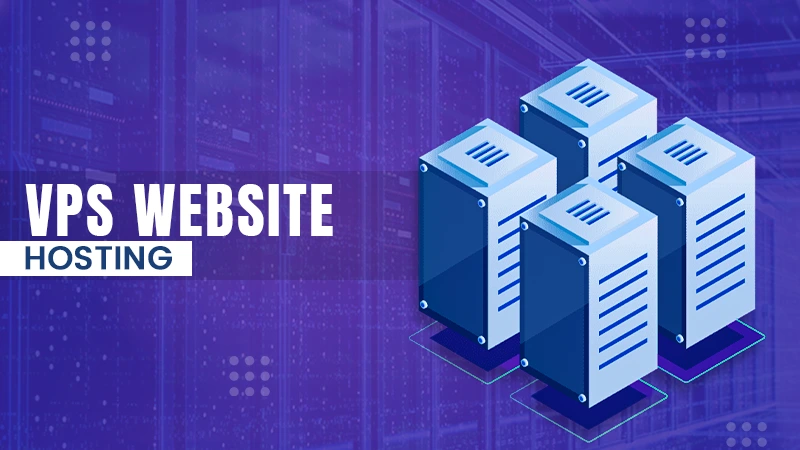When you purchase a VPS, one of the questions you have to answer is how you are going to manage your VPS.
This one, however, is not the only possible option, and in some cases, not the best, as certain users want to manage their VPS in a certain particular way. That’s why in this article we want to have a closer look at what cPanel on VPS looks like and what its advantages and disadvantages are.
When choosing a tool to manage your VPS, you are most likely to come across cPanel. It’s a browser-based VPS control panel, that facilitates performing dozens of operations with a simple graphical user interface – probably, the most popular and easy to handle tool for managing a server, that was launched in 1996 and since then has been helping thousands of users.
What is cPanel
cPanel is a Linux-based control panel that provides an interface to manage your VPS. It contains numerous features, such as web hosting, email and database management, and DNS administration. The cPanel is often included in the hosting plan you choose, but sometimes it is offered as a separate service and is charged extra.
Sometimes there are also VPS platforms that do include cPanel. In this case, you possibly have a rather basic configuration of apps and services at your disposal. Some hosting providers offer you a custom control panel that gives you a few configuration options. Sometimes the hosting providers give a guide on how to establish a remote SSH connection. Or, if there is no control panel at all available, you’ll have to deal with the command line.
Advantages and Disadvantages of cPanel
Advantages
Generally, cPanel provides you with a multifunctional interface that lets you manage your VPS in an accessible and intuitive way. Let’s have a look at them.
GUI or graphical user interface is the principal feature of cPanel. Accessed through the browser, this provides you a convenient graphical shell that allows you to modify the settings of your server and websites much easier – at least, for the most part for users.
DNS management. The GUI of cPanel will facilitate the handling of all DNS-related records for your server so that you can perform any operation needed.
Database management. cPanel provides you as well with a powerful database management system. With it, you can do anything with your MySQL databases and through a handy GUI interface. This will be especially helpful for the ones who do not have any special programming expertise.
Email Management. When running a website, it’s important to have an email address associated with the web site’s domain, instead of using any common mail service. The cPanel provides you with a browser-based email client that allows you to create several email addresses with the site’s domain name, that you will be able to use to mail your clients and partners and to receive emails from them. This email client also includes a spam filter that will keep your mailbox always clean from any annoying advertisements or scams.
Resource management. With cPanel you’ll be able to monitor all of your resources easily, and you’ll always know the condition of your storage, memory, and bandwidths.
WHM or Web Hosting Manager tool is the software, responsible for the management of your VPS on a deeper level, modifying the settings of the server itself. It also allows you to create additional accounts for cPanel.
Disadvantages
Software limitations. The cPanel is not compatible with some pieces of software and with every operating system.
Time consumption. Some more usually experienced users will find it easier to perform certain tasks with a command line, whereas they’ll find the graphical user interface of cPanel redundant and counterproductive.
File organization. The file organization on cPanel differs from the usual file organization on Linux, which can be sometimes confusing, especially when you are going to migrate your data.
Closed source software. Since cPanel is closed-source software, it has a rather limited level of customization, which may, again, reduce the VPS possibilities for certain users.
Cost. You should keep in mind that cPanel is not free, so whether to use it or not is also a question of economy. Some users may find that there are other, more rational investments as to the particularities of their business.
Security. A control panel that is accessible via a browser maybe not be the safest solution, as it lets a potential hacker hack your VPS more easily.
Conclusion
Generally speaking, cPanel is a powerful tool for server management and it suits most users, as it gives a pretty handy interface and allows you to control a bride spectrum of your VPS operation aspects. However, you should keep in mind that this is not an obligatory option and you are free to choose not to install cPanel if any other way of managing your VPS suits you better. But if you don’t have any better idea, then check out HostZealot’s cPanel on VPS and you won’t regret it! Take care and see you next time!








